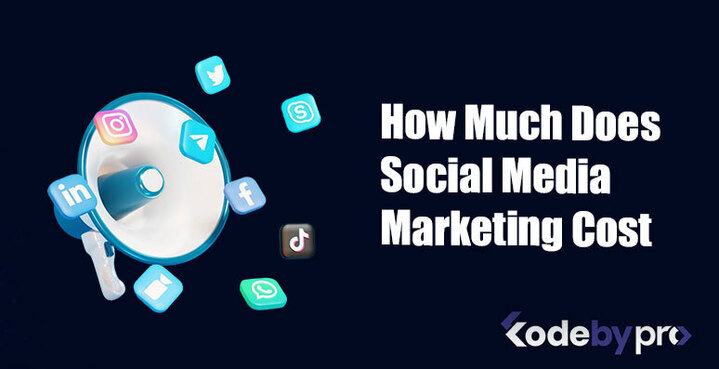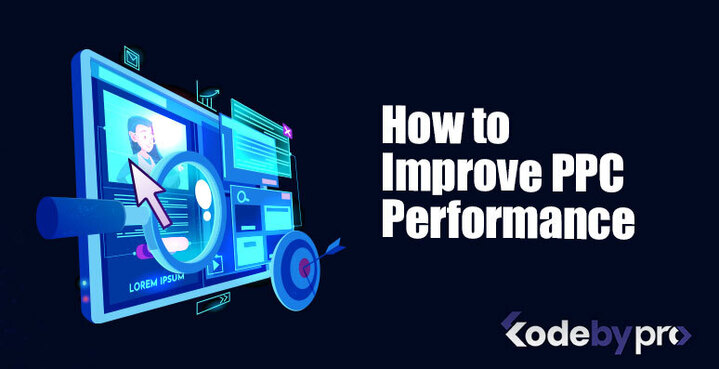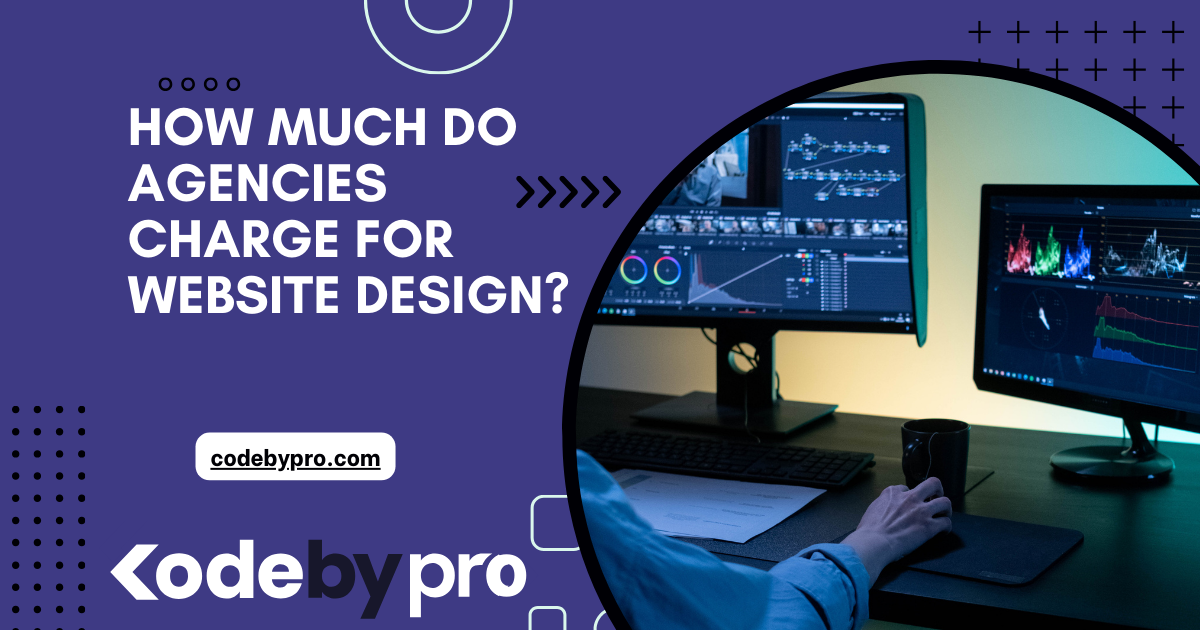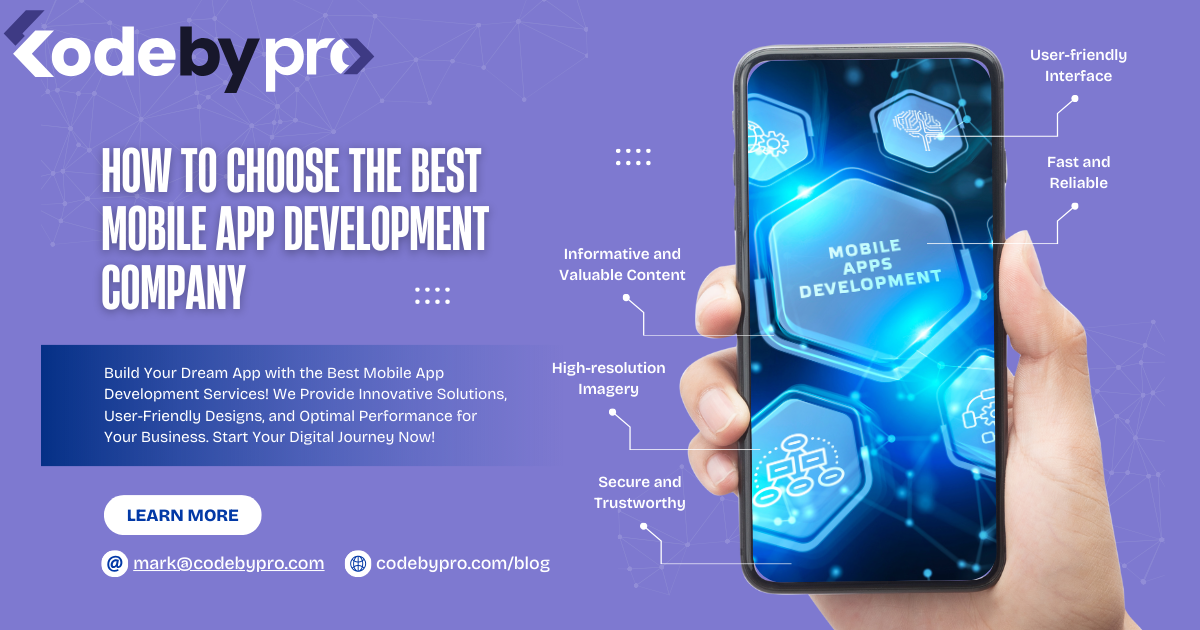Choosing the right platform for your website is a big decision. In 2025, the debate between custom vs WordPress development continues to grow, as both offer their unique strengths and limitations. Whether you’re a startup, an established business, or a freelancer looking to showcase your portfolio, the platform you choose can significantly impact your brand presence, functionality, and long-term growth. This guide compares WordPress vs custom website development in-depth to help you make an informed decision.
What is WordPress Development?
WordPress development involves building a website using the WordPress Content Management System (CMS). The CMS powers over 43% of websites globally, making it the most popular CMS worldwide. WordPress offers thousands of free and premium themes, plugins, and an intuitive backend for managing content.
Key Features of WordPress:
- Ease of Use: No coding knowledge required
- Themes and Plugins: Massive library for design and functionality
- SEO-Friendly: Comes with built-in SEO tools
- Cost-Effective: Low development and maintenance costs
- Community Support: Large community for support and troubleshooting
- Mobile Responsiveness: Most themes are already mobile-optimized
- Multilingual Support: Plugins like WPML and Polylang make it easy to build multilingual sites
- Integrations: Easily integrates with marketing tools, CRMs, payment gateways, and more
What is Custom Web Development?
Custom web development involves creating a website from scratch using programming languages like HTML, CSS, JavaScript, and PHP or frameworks like React, Angular, or Laravel. It is tailored specifically to your brand's needs without any pre-built limitations.
Key Features of Custom Websites:
- Full Customization: Every element is built as per your requirements
- Scalability: Easily scalable for complex features or high-traffic
- Optimized Performance: Faster speed and responsiveness
- High-Level Security: Advanced security measures compared to open-source platforms
- Unique Design: No templates, unique look and feel
- Advanced Integrations: Seamless integrations with enterprise systems and APIs
- Ownership & Control: Full access and control over your codebase
- Offline Capabilities: Can be built as Progressive Web Apps (PWAs) for offline use
Comparison: WordPress vs Custom Website Development
Let’s break down the comparison between WordPress development and custom web development based on different criteria:
1. Cost
- WordPress: You can get started for free or with minimal costs. Most expenses come from premium themes, plugins, and possibly hiring a WordPress developer (if needed). On average, a small to medium business website costs between $500 to $3,000.
- Custom: Much higher investment. Hiring a developer or agency for custom web development can cost anywhere from $5,000 to $50,000+.
2. Time & Effort
- WordPress: Quick deployment. A basic site can be up and running within a few days.
- Custom: Requires weeks or months of planning, designing, and coding.
3. Design Flexibility
- WordPress: Limited by the theme, though many themes are highly customizable. However, deep changes might require coding.
- Custom: Full control over the look and feel. You can create unique UI/UX elements.
4. Website Speed
- WordPress: Speed can suffer if too many plugins are used or if not optimized properly. Shared hosting can further slow down performance.
- Custom: Since it’s built specifically for your needs, the code is clean and lean, resulting in faster load times.
5. SEO & Marketing
- WordPress: Built-in SEO tools and plugins like Yoast SEO or RankMath make optimization easy. Marketing automation tools integrate easily.
- Custom: SEO must be integrated manually, but with the right team, you can achieve better performance due to the custom structure. Custom analytics can also be embedded.
6. Security
- WordPress: Vulnerable to attacks if not updated regularly. Many plugins may also open up security loopholes. Requires frequent monitoring.
- Custom: Tighter security measures since everything is built and maintained specifically for your site. Custom firewalls and access protocols can be implemented.
7. Maintenance & Updates
- WordPress: Regular plugins, themes, and core updates are needed. Can be managed easily through the dashboard or with maintenance plugins.
- Custom: Requires a developer for any updates or bug fixes, especially if the site is complex. However, updates can be fully controlled and scheduled.
8. Scalability
- WordPress: Best for small to medium-sized websites. Large-scale scaling can become challenging due to plugin dependencies and database limitations.
- Custom: Ideal for complex applications, portals, or large-scale businesses that expect growth. Easily adapted to handle thousands of concurrent users.
When to Choose WordPress?
Choose WordPress development if:
- You’re a startup or small business with a limited budget
- You want to manage content without technical help
- You need quick deployment
- You’re launching a blog, portfolio, or basic company site
- You prefer a DIY-friendly backend
- You want access to a large plugin ecosystem
When to Choose Custom Web Development?
Choose custom web development if:
- You need complex or unique functionality
- You’re building a large-scale e-commerce platform or web app
- Security is a top priority
- You want a unique design not limited by templates
- You have a long-term growth plan with evolving requirements
- Your project includes integrations with enterprise software, CRMs, or third-party APIs
- You want full ownership over your website’s infrastructure
Future Trends in 2025
In 2025, trends are shifting toward:
- Headless CMS options that combine flexibility with scalability
- Progressive Web Apps (PWAs) for a more app-like experience
- AI integration for smart chatbots and personalized content
- Voice Search Optimization
- Eco-Friendly Code Practices for Sustainable Development
- Low-Code/No-Code Platforms (for prototyping or MVPs)
- Dark Mode and Accessibility-First Design
Custom development has the upper hand in implementing cutting-edge technology. However, WordPress is also evolving with support for block-based themes, Gutenberg editor improvements, and AI-assisted plugins.
Conclusion
The decision between WordPress vs custom website development in 2025 boils down to your business goals, budget, timeline, and technical needs. There’s no one-size-fits-all solution; WordPress development is ideal for speed and ease, while custom web development wins in performance and uniqueness.
The best website development strategy will always align with your vision, user expectations, and growth trajectory.
FAQs
Q1: Is WordPress good for e-commerce?
Yes! With plugins like WooCommerce, WordPress can support small to mid-level e-commerce businesses.
Q2: Can I scale a WordPress site later?
You can, but large-scale scalability is easier and cleaner with a custom solution.
Q3: Which is more SEO-friendly: WordPress or custom?
Both can be optimized well, but WordPress has SEO tools built in, while custom development requires manual effort.
Q4: Is custom development worth the high cost?
If your business requires unique features, high security, and plans to grow rapidly—then yes, it's worth the investment.
Q5: Do custom websites require more maintenance?
Yes, they usually require a dedicated developer or team for ongoing updates and support.
Q6: Which is better for mobile responsiveness?
Both platforms can be optimized for mobile, but custom development gives you more control over breakpoints, performance, and layout on different devices.
Q7: Can I migrate from WordPress to a custom-built site later?
Yes, but it requires careful planning to migrate content, URLs, SEO structure, and media.







